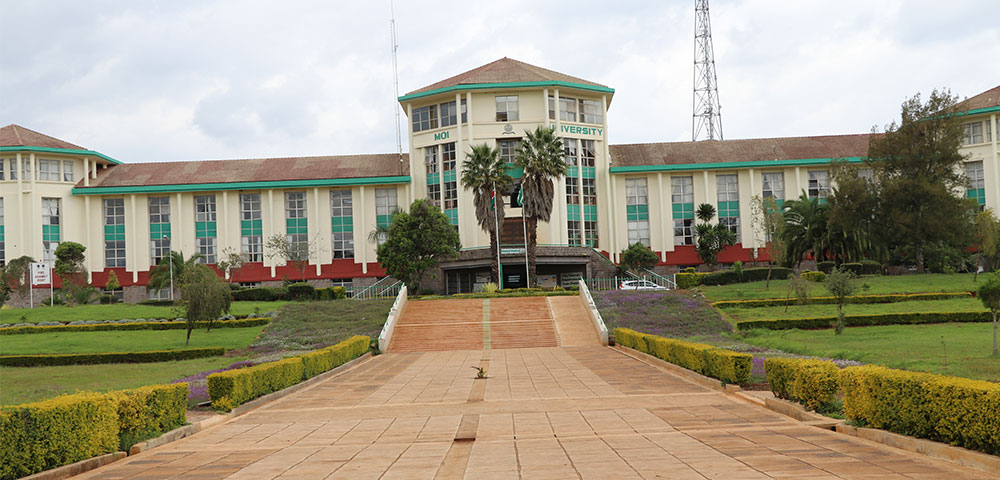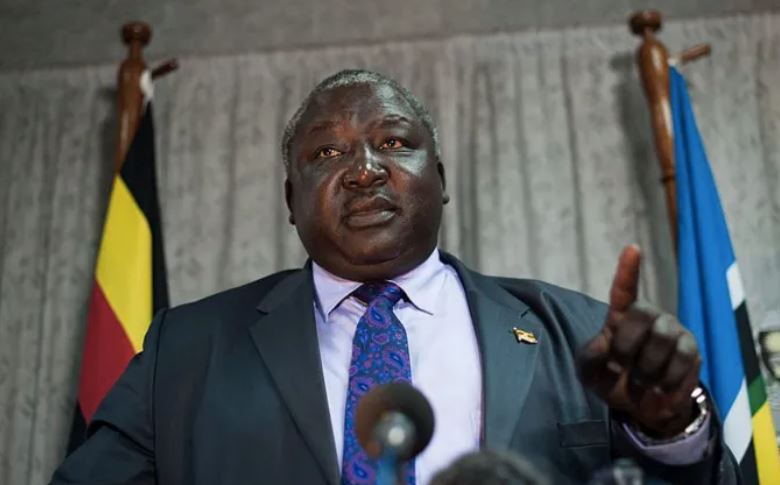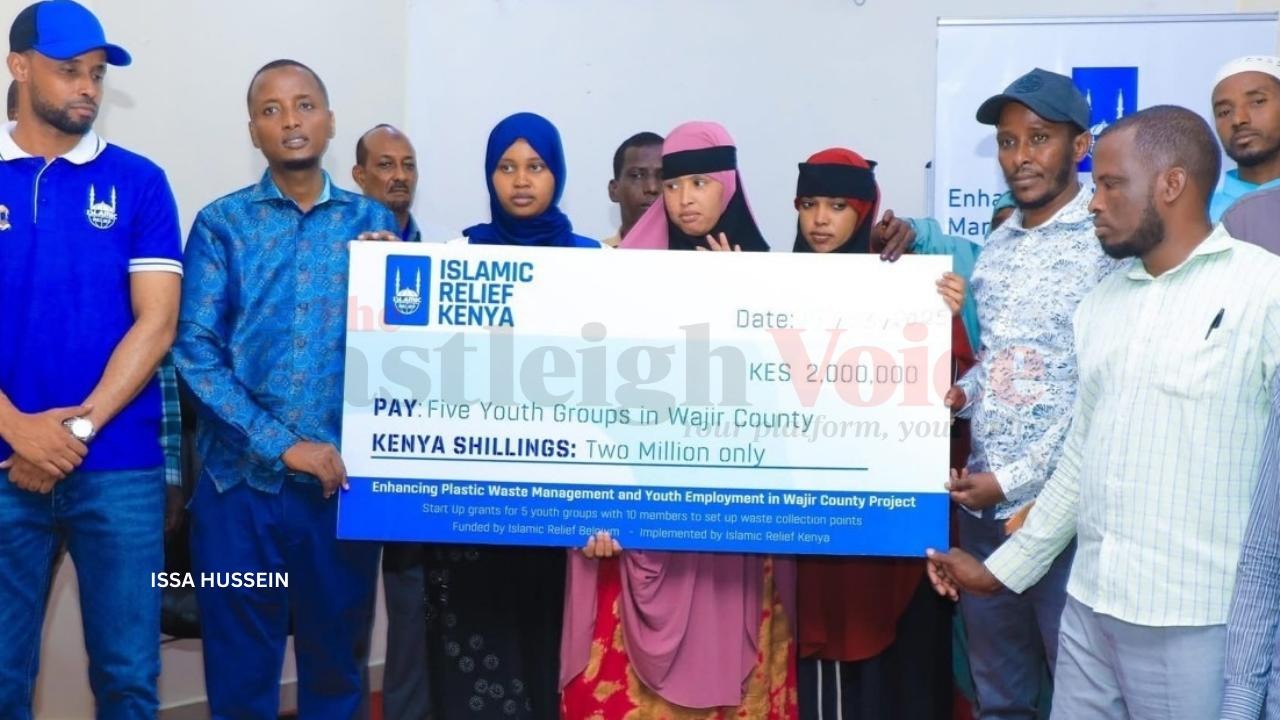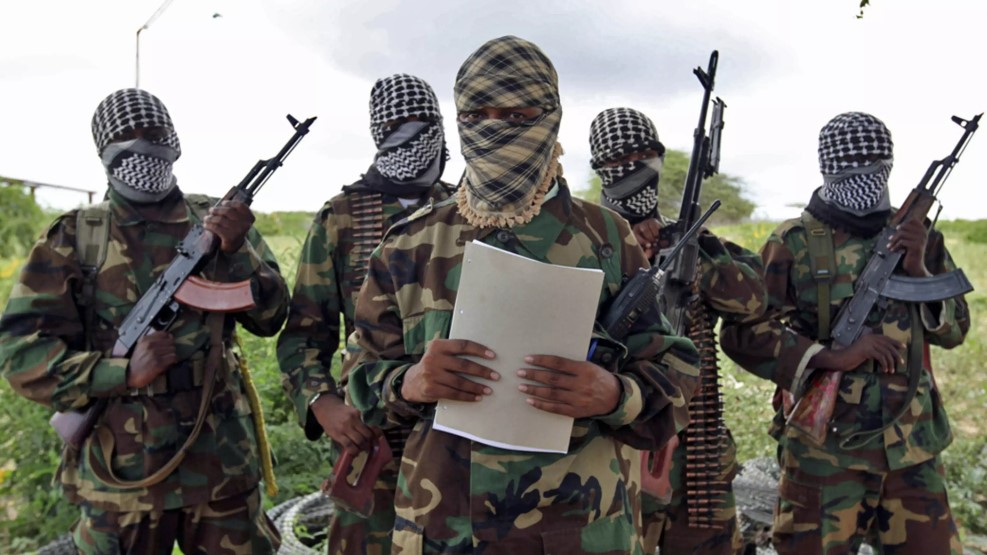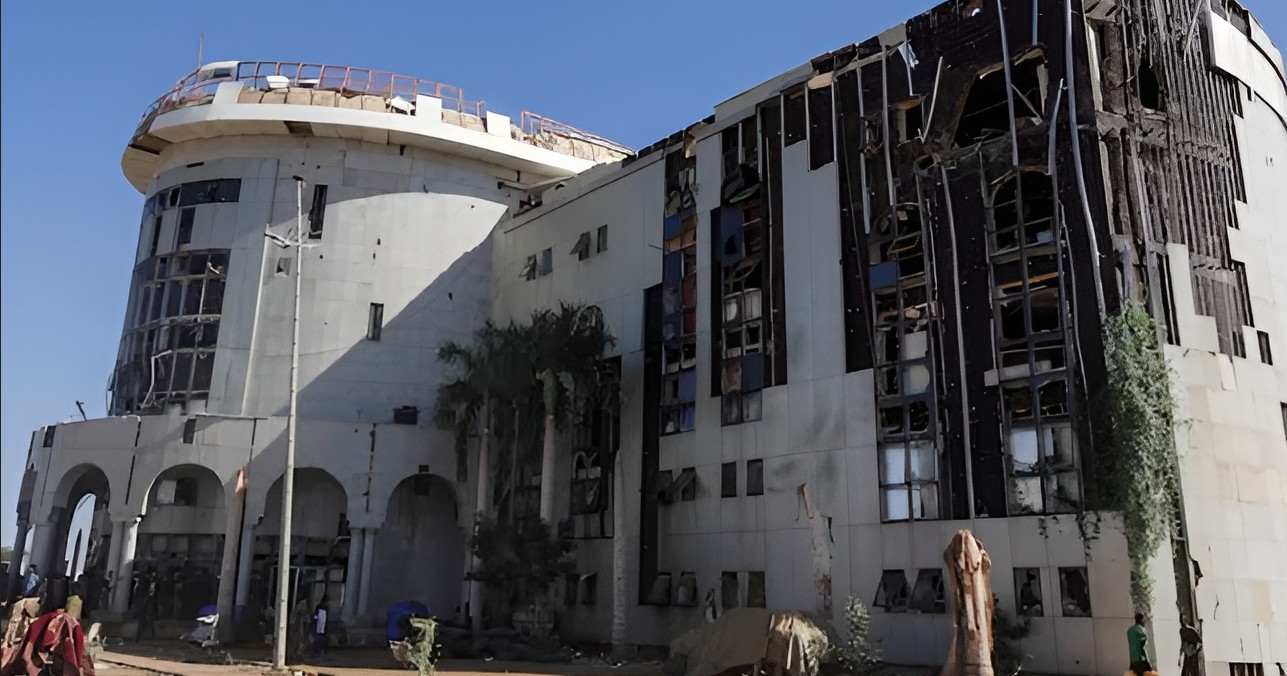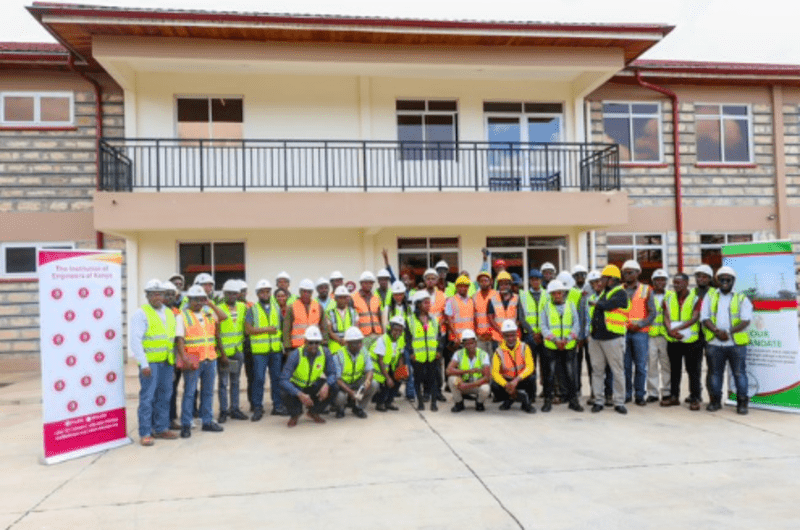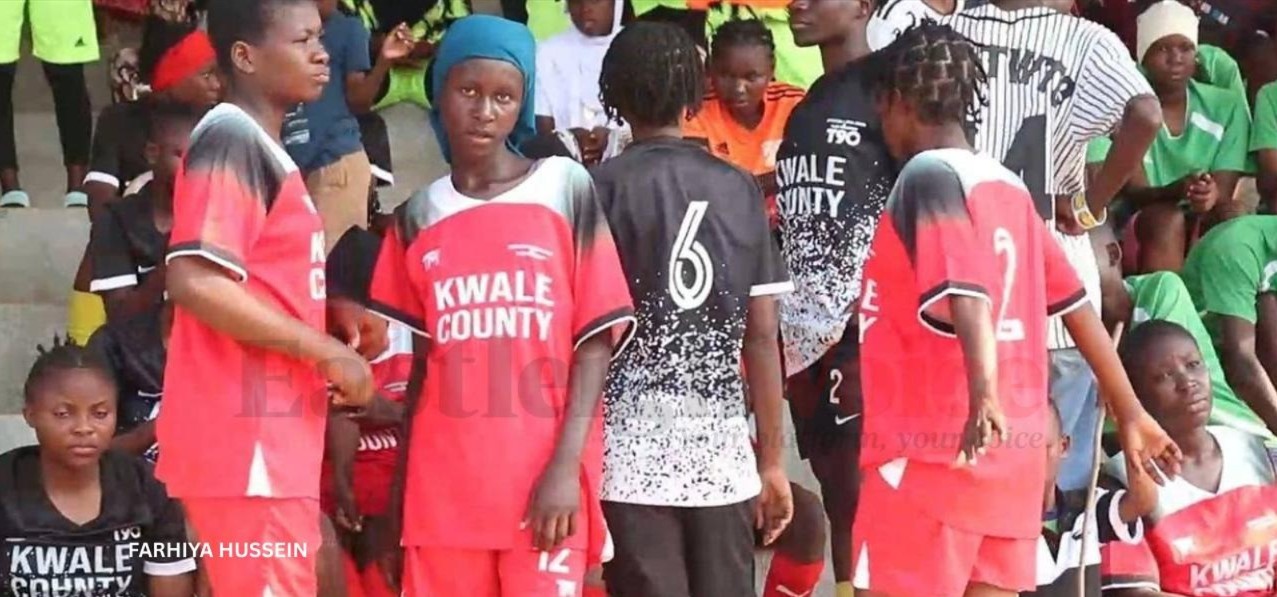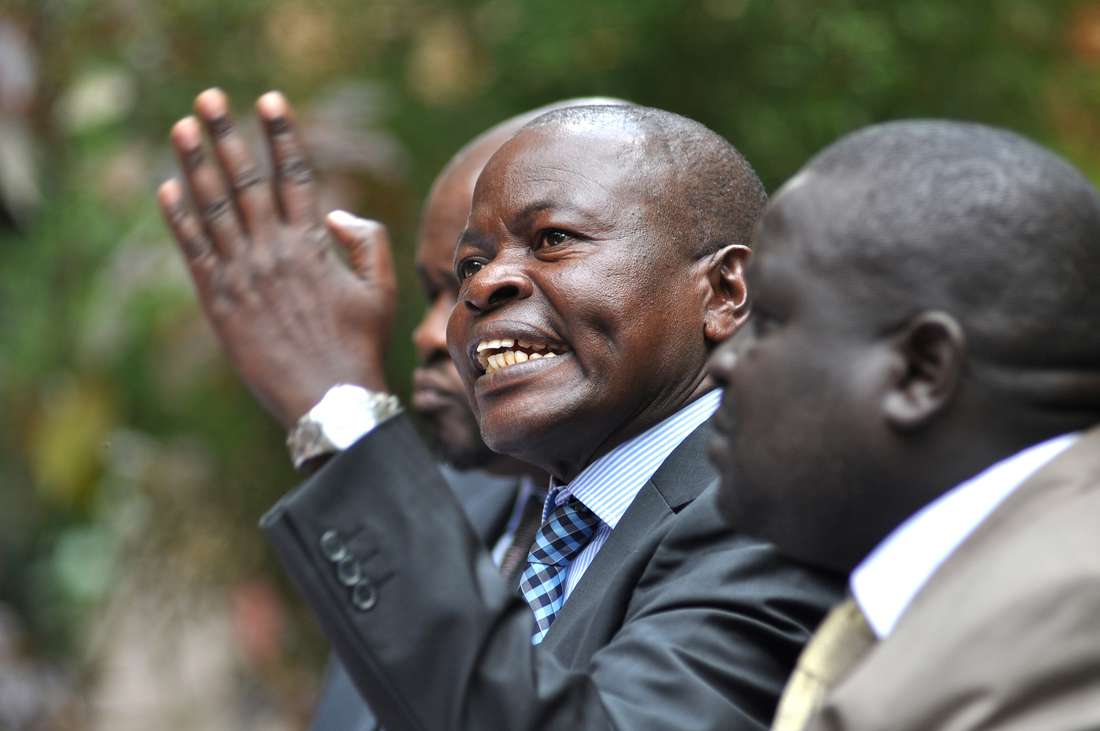Quba Islamic Centre in Garissa shut over leadership wrangles, clan clashes
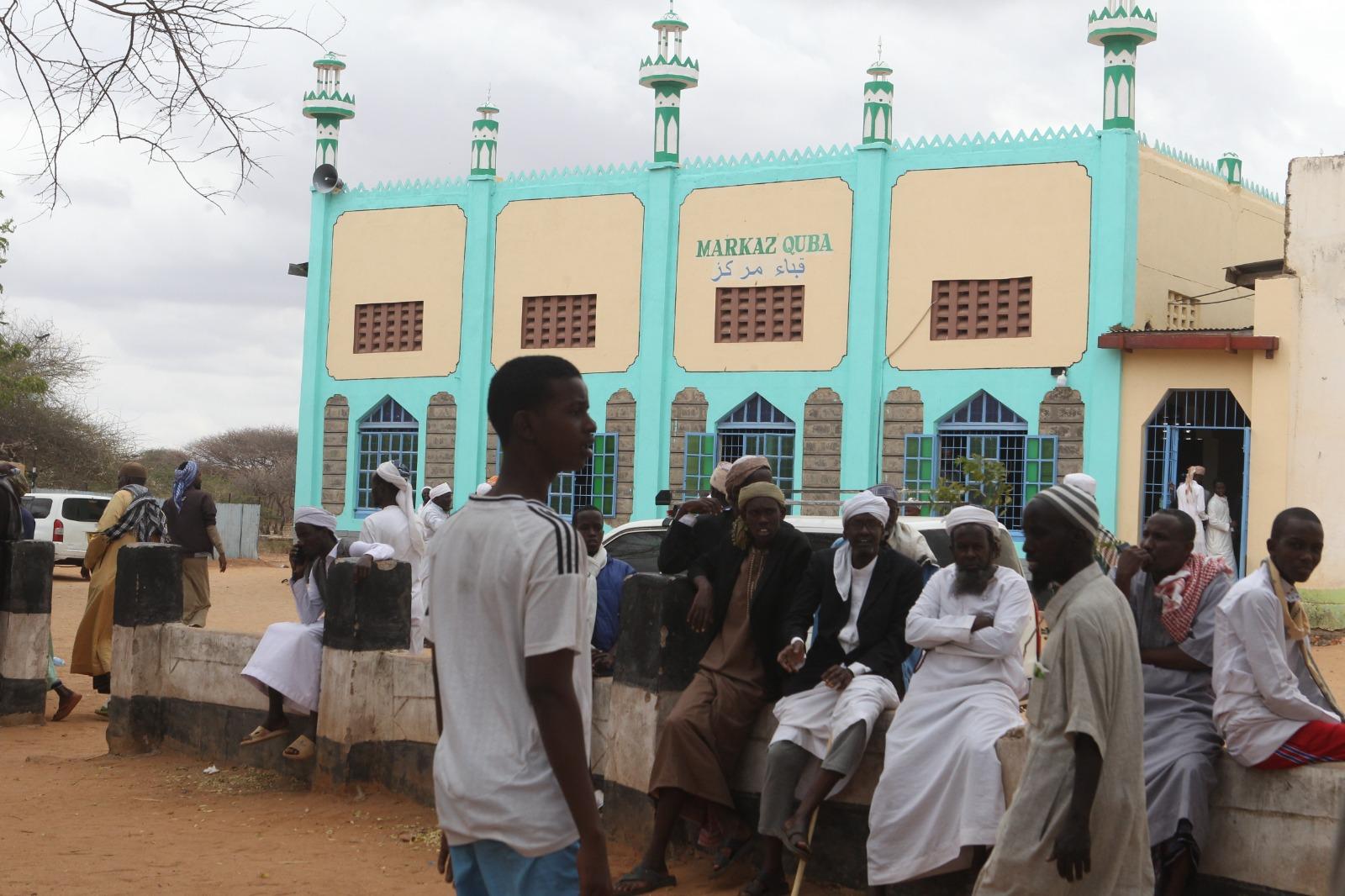
Efforts by elders, security officials, and political leaders to mediate between the rival factions have so far failed, with each side refusing to compromise.
Security officials in Garissa County have ordered the indefinite closure of the Quba Islamic Centre following months of leadership wrangles.
The centre, which occupies approximately 250 acres of land on the outskirts of Garissa town near Modika, has been the subject of persistent wrangles since April.
More To Read
- Garissa residents set to benefit as Balambala Hospital goes digital
- Five-year interfaith programme boosts Muslim-Christian unity in Garissa
- Garissa police recover stolen gun, multiple IDs in targeted raid
- Hajj pilgrims warned against using unauthorised agents to avoid fraud
- Somali culture, wildlife and hospitality draw tourists to Garissa’s Bulla Adey village
- Garissa unveils irrigation policy to boost food security, climate resilience and economic growth
The disagreements initially revolved around its management but have since evolved into broader clan-related rivalries and tension within the local community.
Efforts by elders, security officials, and political leaders to mediate between the rival factions have so far failed, with each side refusing to compromise.
The conflict pits two distinct groups composed of elders and founding members, while the other is led by younger, middle-aged individuals pushing for a greater role in running its affairs.
Announcing the closure after leading a security team to the premises, Garissa County Commissioner Mohamed Mwabudzo said the government was compelled to act after consultations with senior security officers, political leaders, and officials from the Supreme Council of Kenya Muslims (SUPKEM) in Garissa.
Mohamed stated that the facility would remain closed until a durable resolution was reached and that both groups would have to vacate the property immediately.
He explained that although the government recognised the importance of the centre as a place of worship, the growing conflict had forced authorities to step in. He noted that the decision was not taken lightly but was necessary to prevent further violence and restore order.
“We did not make this decision lightly since this is a place of worship. It is a place to find comfort before God and find peace, but we must shut it down because of the fear that this conflict has caused the whole county of Garissa,’’ he said.
Abdullahi Salat, the chairman of SUPKEM’s Garissa branch, expressed regret that leaders entrusted with guiding the Muslim community had instead become sources of division.
He said SUPKEM fully supported the closure and urged law enforcement agencies to arrest and prosecute those who had incited violence.
Abdullahi stressed that he had personally engaged with both factions, reminding them that the institution was founded to serve worshippers.
The chairman added that SUPKEM had consistently advocated against state interference in religious institutions but emphasised that this case was unique and called on both sides to put the interests of worshippers above personal or clan interests.
“We will not allow Muslims to fight each other here. Some people have already been injured, and we cannot watch you fight because it is our responsibility to make sure that there is peace here and allow the people who want to pray to have a modest time,” he said.
The cleric further stressed that the centre is a unifying facility that serves all Muslims in Kenya.
Top Stories Today



